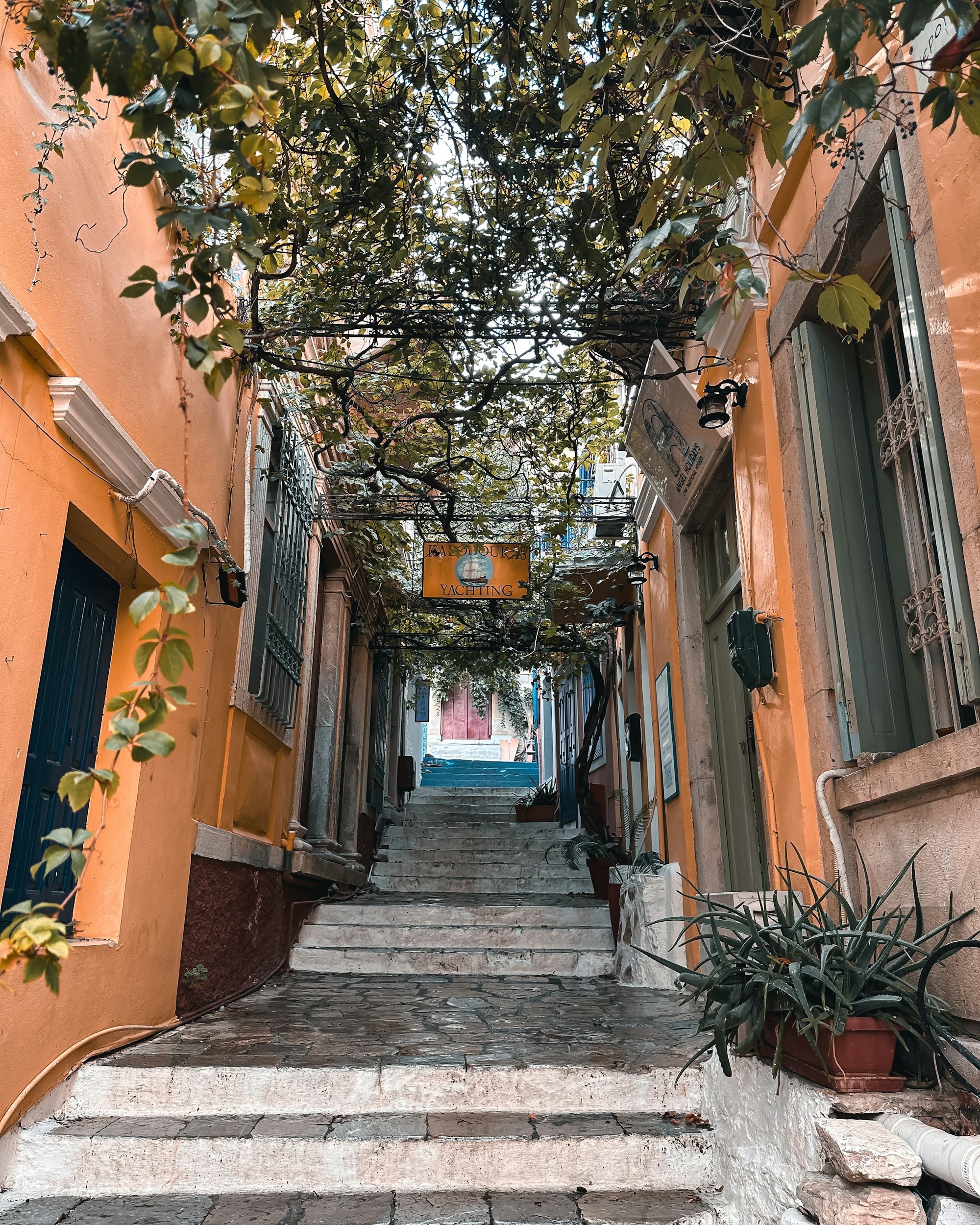Discover Ano Meria: History, Customs, and Festivals Guide
Explore Ano Meria: Its fascinating history, rich customs, and vibrant festivals await you. Your ultimate cultural guide!

Welcome to Ano Meria
Nestled on the charming island of Folegandros in the Aegean Sea, Ano Meria is a picturesque village that combines rich history, enduring customs, and vibrant festivals. This guide offers an in-depth look at the village's historical context, cultural practices, celebrations, intriguing anecdotes, and facts that will make your visit unforgettable.
Historical Context
Ano Meria's history can be traced back to ancient times when the island was inhabited by the Dorians. Over the centuries, the village witnessed various dominations, including Roman, Byzantine, Venetian, and Ottoman rule. Each of these periods left an indelible mark on the architecture, culture, and traditions of the village.
The iconic whitewashed houses with their flat roofs, narrow alleys, and stone-paved paths are remnants of these historical layers. The Church of Panagia, a significant religious structure, is a testament to Byzantine influence and remains a focal point of spirituality for the locals.
Cultural Practices
Ano Meria hosts a unique set of cultural practices that reflect its storied past and the resourcefulness of its people. The villagers maintain a philosophy of 'meraki', a term that signifies putting soul, creativity, and love into everything they do. This attitude is evident in their daily lives, arts, and crafts.
Culinary Customs
The cuisine of Ano Meria is a delightful experience for food enthusiasts. Local dishes primarily consist of fresh ingredients, sourced from the surrounding landscape and the Aegean Sea. Staple foods include:
- Matsata: Handmade pasta served with rabbit or chicken.
- Sousam: A type of sesame bread that's often accompanied by local cheeses.
- Karidopita: Walnut cake that provides a sweet end to any meal.
Hospitality remains a core value among the villagers, and you're likely to be invited to partake in meals featuring these traditional dishes.
Traditional Attire
Traditional clothing is still worn during special events and festivals. Men often wear Vraka, woolen trousers that wrap around the waist, while women don colorful embroidered dresses called Karavola.
Festivals
Festivals in Ano Meria provide visitors with a marvelous opportunity to immerse themselves in local culture and heritage. Both religious and secular festivals are celebrated with great fervor.
Festival of Panagia
The Festival of Panagia is one of the most significant religious events, held every year on August 15th. This festival celebrates the Virgin Mary and involves a series of religious rites, processions, and feasting. The entire village comes alive with music, dance, and communal meals.
Sheep Shearing Festival
In June, the Sheep Shearing Festival (or Klidonas) takes place. This secular festival provides intriguing insights into the agrarian culture of the village. The event includes traditional sheep shearing, feasting, and folk dancing. It's a vivid display of community spirit and agrarian traditions.
Christmas Celebrations
The Christmas season is a special time in Ano Meria, rooted deeply in Orthodox Christian traditions. Highlights of the festivities include:
- Caroling: Children and adults sing traditional carols around the village, often receiving sweets and gifts in return.
- Midnight Mass: The Church of Panagia holds a solemn midnight mass that draws the entire community together.
- Feasting: Families gather to enjoy a feast that usually features roasted lamb, sweet pastries, and local wine.
Local Anecdotes & Interesting Facts
Every corner of Ano Meria has a story to tell, whether it's about mythical beings, historical events, or inspiring locals.
The Legend of the Mermaid
There is a local legend about a mermaid who lived in the waters around Folegandros. She was enamored by the village’s beauty and would often come ashore at night to experience human life. Some villagers claim to have seen her bathing in the moonlight, singing songs of the sea.
The Resilient Locals
During periods of famine and hardship, Ano Meria's residents exhibited exceptional resilience. The advent of xynottyro, a kind of fermented cheese, emerged from these hard times. Utilizing limited resources, the villagers managed to create nutritious and delicious food to sustain them.
Practical Information
Here are some tips to help you make the most of your visit to Ano Meria:
- Accommodation: Several guesthouses and boutique hotels cater to tourists. Opt for places that offer a view of the Aegean Sea.
- Transportation: While the village is best explored on foot, scooters and bikes can be rented for convenience.
- Best Time to Visit: The months of May to September offer the best weather and coincide with most of the local festivals.
- Language: While Greek is the primary language, many locals speak basic English.
A visit to Ano Meria is more than a journey through beautiful landscapes; it's an immersion into a rich cultural tapestry that has been woven over millennia.
